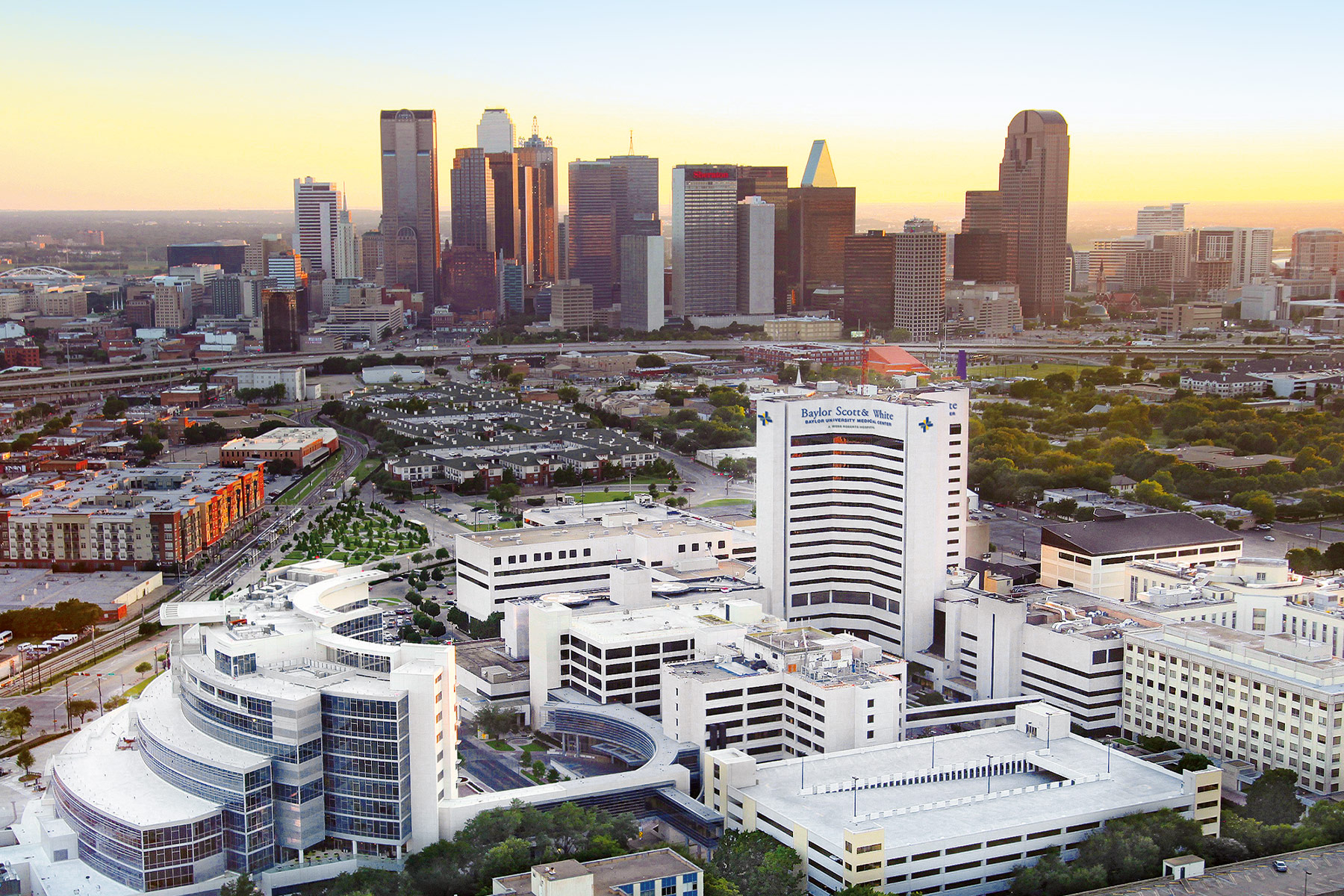The Baylor Scott & White Research Institute enrolled the world’s first patient in a new COVID-19 treatment in early August, becoming one of several facilities running National Institutes of Health clinical trials to treat the coronavirus.
The research is the first in the Accelerating COVID-19 Therapeutic Interventions and Vaccines (ACTIV) program, created in a partnership between the National Institute of Allergy and Infectious Diseases (NIAID) and the National Heart, Lung, and Blood Institute (NHLBI), two organizations within NIH. The trial includes 400 sites around the world, and targets those hospitalized with COVID-19. It is one of a couple dozen COVID-19 related studies being conducted by Baylor’s research arm, which was chosen as one of the first eight hospitals to conduct this trial.
“The science behind COVID-19 has evolved at warp speed and we have been racing to find lifesaving therapies for our patients since day one. We must remember that well-conducted clinical trials performed with the highest scientific rigor are the key to finding an answer to treat the virus and help our patients,” said Dr. Uriel Sebastian Sandkovsky, Baylor Scott & White’s principal investigator and an infectious disease physician on staff at Baylor University Medical Center via release.
The first phase of the trial is for patients who have been hospitalized with COVID-19 but not put on a ventilator, unique in that it isn’t focused on the sickest of patients. The patients will be compared to those receiving current standard of care, which is the anti-viral drug Remdesivir. The trial’s treatment involves a one-time hourlong infusion of a medicine that is meant to keep the virus from spreading to other cells; Remdesivir focuses on healing the cells where the virus is already present.
“The ACTIV-3 trial is allowing the medical and scientific community to come together to collaborate across traditional boundaries and let the best parts of humanity shine,” said Dr. Robert Gottlieb, a transplant cardiologist on staff at Baylor University Medical Center and Baylor Scott & White Heart and Vascular Hospital in Dallas.
Because there are such a large number of trials underway for COVID-19 with Baylor Scott & White, patients have a number of options if their condition worsens. Another of the research institute’s trials involves treating those who are on ventilators due to coronavirus with stem cells. “The trials are synergistic,” says Dr. Michael Mack, a cardiothoracic surgeon with Baylor Scott and White who has been behind a number of studies and trials. “We can place a patient in ACTIV-3, and if the other antibody isn’t working, they can enroll in the next trial. It’s not like if the first thing doesn’t work you are out of options. There are multiple options for every stage.”
“We offer all patients a research opportunity, and we learn more and more every day,” says Jaime Walkowiak, chief research executive at Baylor Scott and White Health. “It is helpful for doctors to have options, and helpful to have patients to be able to participate in research.”
The pandemic has fast-tracked many trials, and research that normally occurred over the course of years is taking place in a matter of weeks, For the institutional review board that evaluates each trial, that has meant many long nights and working weekends to make sure the trials can launch quickly and safely. Even with 600 employees doing thousands of research protocols on 60 medical specialties, the staff has been pushed to the limit trying to keep up with how quickly COVID-19 studies have moved.
Walkowiak says in her decades of working in research, she has never seen anything like the way the research world has zoomed in to address COVID-19, especially with the added challenges of preventing the spread of the disease while getting consent from patients, developing protocols, and seeking approval. It has required mental agility and thinking well outside of the box.
While there are around two dozen trials focusing on treating COVID-19’s impact on the body, Walkowiak sees the next phase in COVID-19 research focusing on the mental health for patients and healthcare workers, analyzing the “emotional impact of the healthcare worker who will treat those patients and how they have coped with going through this.”





